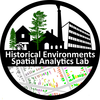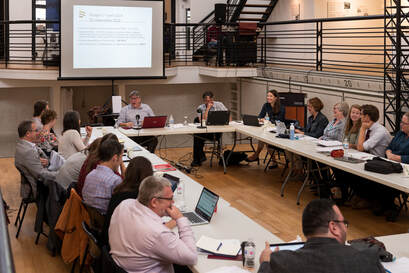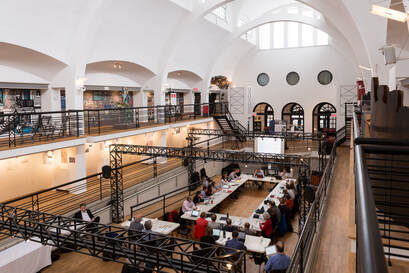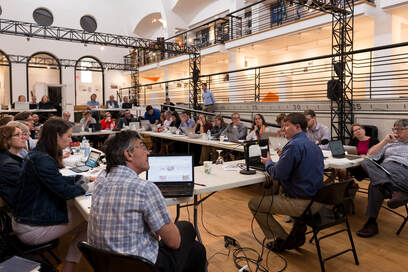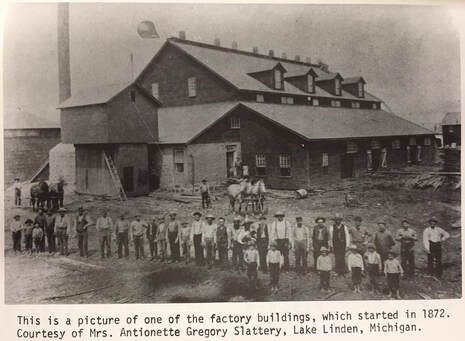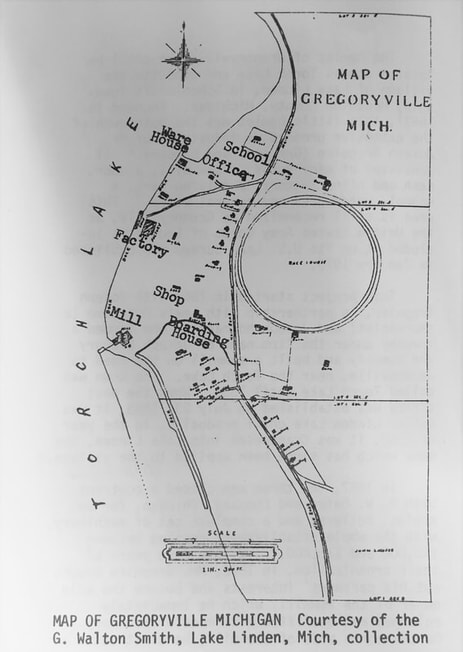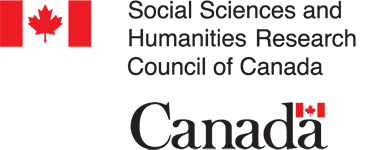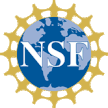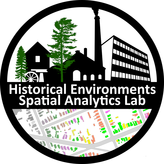Francophone Migration
The HESA Lab and the Geospatial Research Facility are collaborating with over 50 academic partners and over a dozen heritage and community partners from all across North America to study the experiences of Francophones as they settled across the continent. The main Francophone Migration website can be found here.
This partnership project, funded by the Social Sciences and Humanities Research Council of Canada (SSHRC), aims to highlight the central place of Francophone migration in the genesis and evolution of North American populations over a period of three centuries. The team of community and university partners, researchers, and collaborators will study the collective and individual experience of Francophones in North America for three centuries. This variety of project partners offers innovative perspectives from which to study French-speaking migrations.
The HESA Lab and the Geospatial Research Facility are collaborating with over 50 academic partners and over a dozen heritage and community partners from all across North America to study the experiences of Francophones as they settled across the continent. The main Francophone Migration website can be found here.
This partnership project, funded by the Social Sciences and Humanities Research Council of Canada (SSHRC), aims to highlight the central place of Francophone migration in the genesis and evolution of North American populations over a period of three centuries. The team of community and university partners, researchers, and collaborators will study the collective and individual experience of Francophones in North America for three centuries. This variety of project partners offers innovative perspectives from which to study French-speaking migrations.
|
HESAL & GRF
The HESA Lab in particular will be mapping and modelling the social and geographic mobility of French-Canadians during industrialization and deindustrialization during 1860 to 1940, focusing on the Keweenaw Peninsula. Mobility will be examined at several levels (individuals, couples, families, households, and entire populations), allowing researchers to study several aspects of life. Social mobility will be determined by tracking occupational class, wages, housing conditions, neighborhood socio-economic status, and occupational hazards and risks. |
Voyageur Data Portal
Michigan Technological University's Geospatial Research Facility is taking a leading role supporting the geospatial technology capabilities of the Francophone Migration project through the creation and management of the Voyageur portal. Voyageur is a public facing repository for data of all kinds, that supports all of the project partners in creating and serving their findings both spatially through powerful mapping tools, hosting documents, presentations, and photos.
Michigan Technological University's Geospatial Research Facility is taking a leading role supporting the geospatial technology capabilities of the Francophone Migration project through the creation and management of the Voyageur portal. Voyageur is a public facing repository for data of all kinds, that supports all of the project partners in creating and serving their findings both spatially through powerful mapping tools, hosting documents, presentations, and photos.
